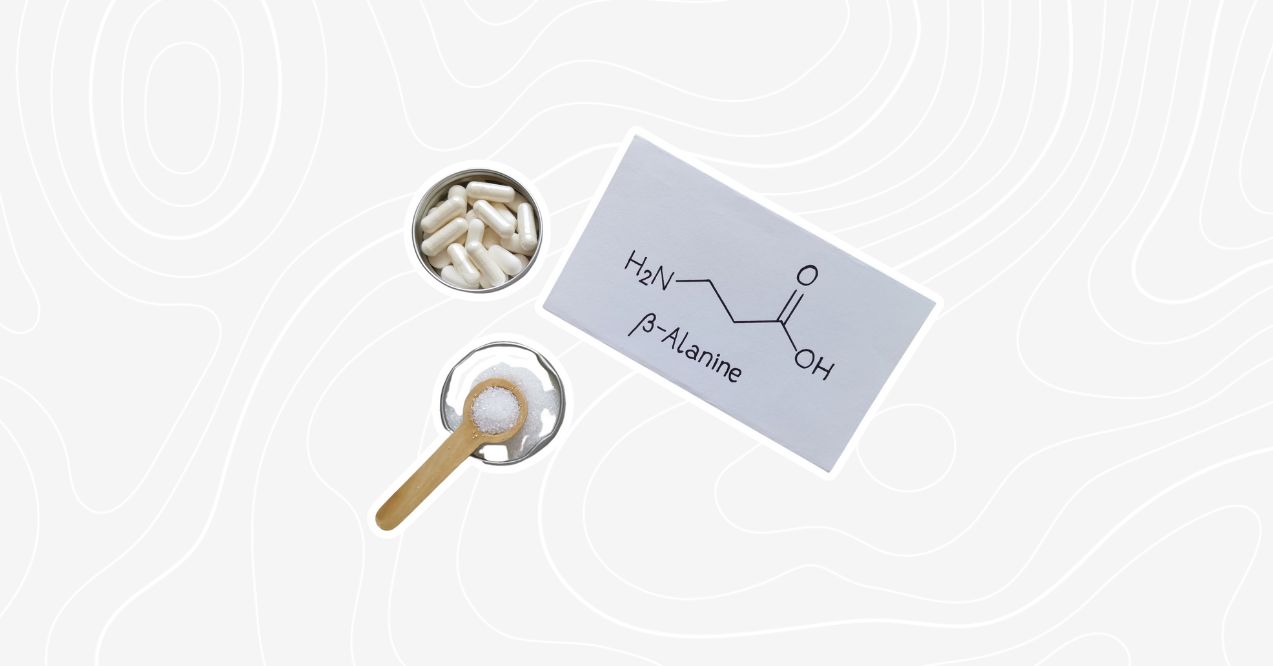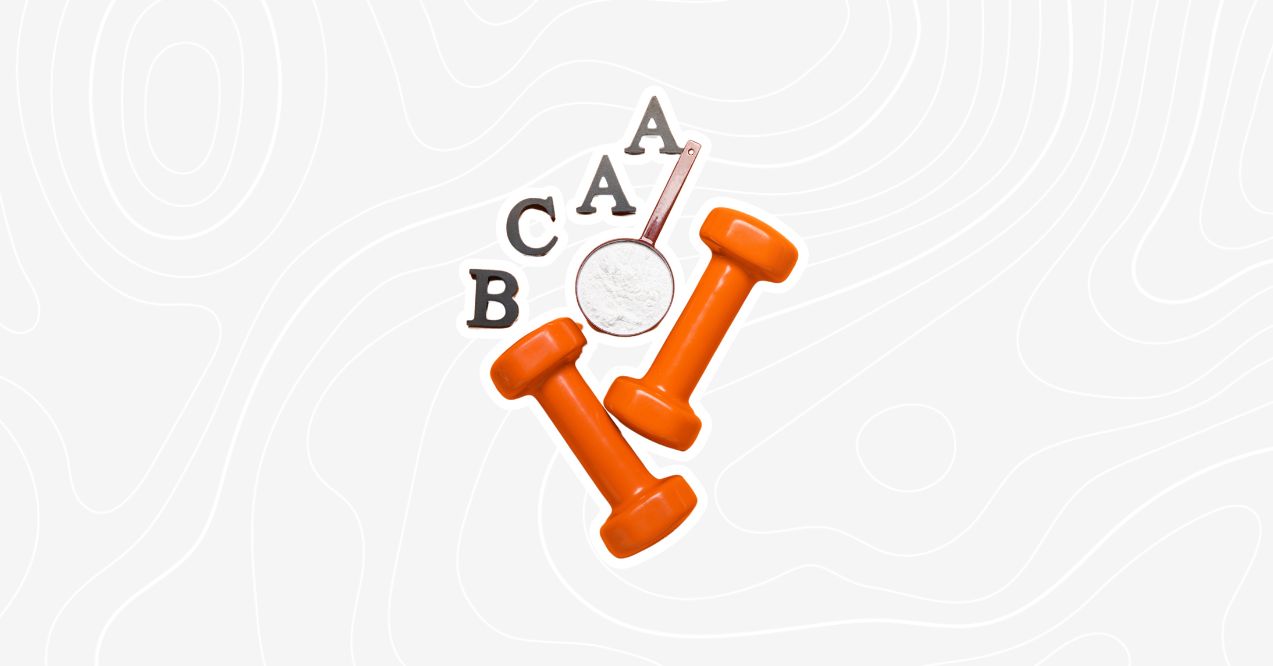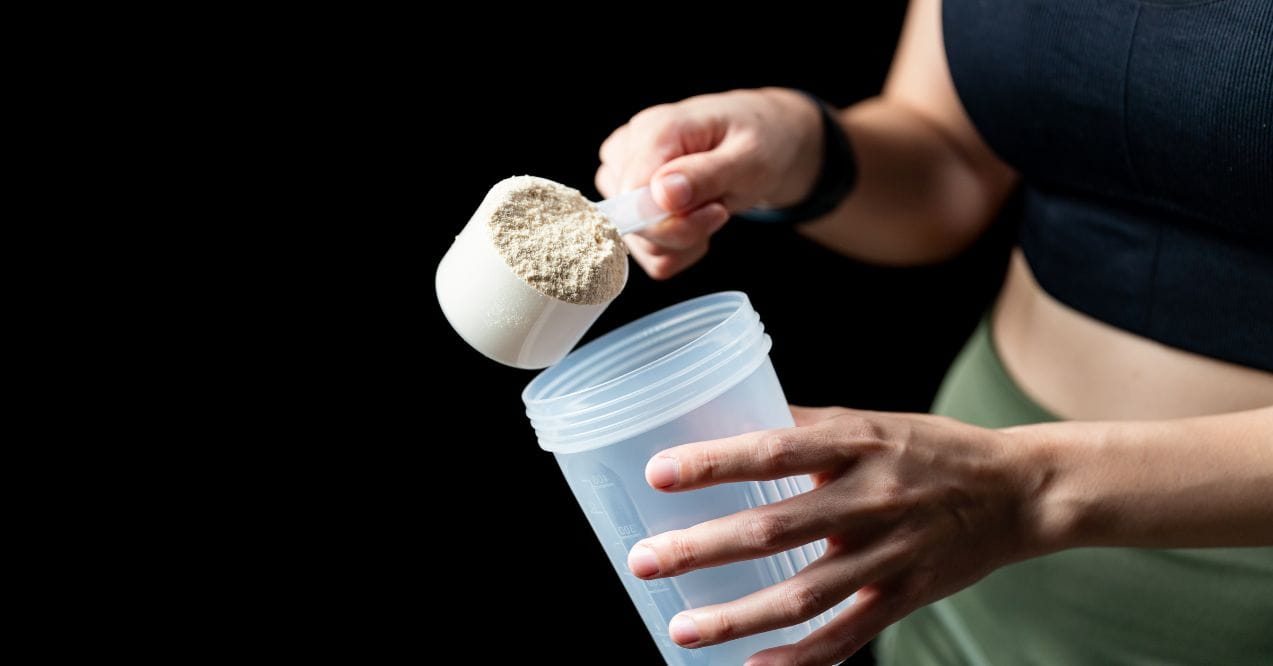Does Pre Workout Have Calories? Nutritionist Advice Shared
Does pre workout have calories? This question often pops up among fitness enthusiasts. Pre-workout supplements are designed to boost energy, focus, and endurance for more effective workouts. But many wonder about their nutritional impact. Questions even like does creatine make you bloated when mixed with pre workout, does kombucha help with bloating, or even why am I bloating after a workout can often arise for those using various supplements. Is it due to the calories? Or is it just my body?
Understanding what’s in your pre-workout can help you make smarter fitness choices. This includes knowing if and how many calories it contains. Does pre workout have calories that might affect your diet? For those balancing workouts with a fasting regimen, our intermittent fasting calculator can assist in timing pre-workout intake to fit your goals. These details can help you plan your workouts better and get the most out of your supplements.
In this post, we’ll dive into the calorie content of pre-workouts. We’ll explore what affects their calorie count and look at common ingredients.
Key findings:
Does Pre Workout Have Calories?
So, does pre workout have calories? The answer isn’t one-size-fits-all. Pre workout calories can vary widely depending on the product. While many are marketed as calorie-free or low-calorie, this isn’t always true.
Some pre-workouts have almost no calories, typically under 5 per serving. Others might pack up to 50 calories or more. The calorie count largely depends on the ingredients. Stimulant-based pre-workouts with caffeine and performance boosters like beta-alanine or creatine tend to be lower in calories. Products with carbs, amino acids, or protein usually have more.
Here’s a key point: even “zero-calorie” pre-workouts might have some calories. FDA rules allow products with less than 5 calories per serving to be labeled as zero-calorie. Always check the nutrition label to know what you’re really getting. This helps you manage your overall calorie intake, especially if you’re following a specific diet or have particular fitness goals.

What Determines The Amount Of Calories In Pre-Workout?
The calorie content in pre-workout supplements is primarily determined by their ingredients. Supplements that contain carbohydrates, sugars, or certain amino acids tend to have higher calorie counts.
Carbohydrates are a significant source of calories in some pre-workouts. Manufacturers may include them to provide a quick energy boost, which can be beneficial for intense workouts. These carbohydrates can come in the form of simple sugars or more complex forms like maltodextrin. Simple sugars add immediate energy but also increase the calorie content, often significantly.
Sugars, another common ingredient, are included to improve the taste and provide rapid energy. These sugars can substantially raise the calorie content of the supplement. For example, a pre-workout with added glucose or sucrose can contain 30 to 100 calories per serving, depending on the amount used.
Certain amino acids, like Branched-Chain Amino Acids (BCAAs), also contribute to the calorie count. While they are essential for muscle recovery and growth, they do add calories. Typically, BCAAs contribute fewer calories compared to carbs and sugars but are still a notable factor.
The Most Common Ingredients In A Pre-Workout
When choosing a pre-workout supplement, it’s crucial to know what’s inside. Understanding common ingredients and what to look for in pre workout helps you pick the best option for your fitness goals. Here are the key players in most pre-workout formulas:
1. Caffeine

Caffeine is the star of many pre-workouts. It boosts energy and sharpens focus. By stimulating your nervous system, caffeine helps you train harder and longer. It can improve both endurance and strength. When selecting a pre-workout, consider your caffeine tolerance and how much kick you want.
2. Beta-Alanine

Beta-alanine fights muscle fatigue. It increases carnosine in your muscles, which delays acid buildup during intense exercise. This means you can do more reps and maintain higher intensity. You might feel a harmless tingling sensation after taking it. If you want to boost endurance and power, look for beta-alanine in your pre-workout.
3. BCAAs

Branched-Chain Amino Acids (BCAAs) support muscle recovery and growth. They reduce soreness, fight fatigue, and help build muscle protein. BCAAs are especially useful for weightlifting and endurance sports. Including them in your pre-workout can speed up recovery and enhance performance.
4. Creatine

Creatine is a proven powerhouse for strength and muscle gain. It increases ATP, your cells’ energy currency, during high-intensity exercise. This translates to better performance in weightlifting, sprinting, and HIIT. Regular use can lead to more muscle mass and strength. If you’re aiming to boost strength and size, creatine is a key ingredient to look for.
Want to learn more about pre-workout supplements? Check out our article: How long does pre-workout last? on the Trumeta blog. It provides valuable insights into the duration of pre-workout effects and how to time your intake for optimal results.
Should I Try Trumeta Pre-Workout?
Worried about calories in your pre-workout? Trumeta Pre-Workout might be your answer. It packs a punch with just 15 calories per serving. This makes it great for anyone watching their calories while still wanting a performance boost.

Trumeta is loaded with powerful ingredients:
- Beta-alanine helps fight muscle fatigue.
- Ginseng and L-tyrosine sharpen your focus and mood.
- Beetroot and B vitamins support your body and mind during workouts.
You get all this without extra calories, so you can concentrate on crushing your workout.
Need a boost for early morning sessions? Trumeta’s got you covered. Its balanced mix fits easily into any fitness plan. With its low-calorie count and quality ingredients, Trumeta gives you the support you need without weighing you down.
Conclusion
Knowing the calorie content of your pre-workout is key to making smart fitness choices. Some pre-workouts are nearly calorie-free, while others pack a surprising number of calories.
The calorie count depends on the ingredients. Carbs, sugars, and amino acids can all add up. To find the right pre-workout for you, always check the nutrition label. Look at the ingredients list too.
Boosting your workout performance isn’t just about energy. It’s about balancing effective ingredients with your calorie needs. Choose a pre-workout that fits your diet and supports your fitness goals. With the right information, you can power up your workouts without derailing your nutrition plan.
pre-workout supplements themselves do not burn calories directly. However, they enhance energy, focus, and endurance, allowing you to perform more intense workouts, which can lead to increased calorie burn during exercise.
pre-workout supplements can break a fast if they contain calories, especially from carbohydrates or sugars. Calorie-free pre-workouts, typically containing only stimulants like caffeine, generally do not break a fast. Always check the label.
a scoop of pre-workout typically contains 0 to 100 calories, depending on its ingredients, such as carbohydrates and sugars. Always check the product’s nutrition label for the exact calorie content.
Advertisement. This site offers health, wellness, fitness and nutritional information and is designed for educational purposes only. You should not rely on this information as a substitute for, nor does it replace, professional medical advice, diagnosis, or treatment. If you have any concerns or questions about your health, you should always consult with a physician or other health-care professional. Do not disregard, avoid or delay obtaining medical or health related advice from your health-care professional because of something you may have read on this site. The use of any information provided on this site is solely at your own risk.







